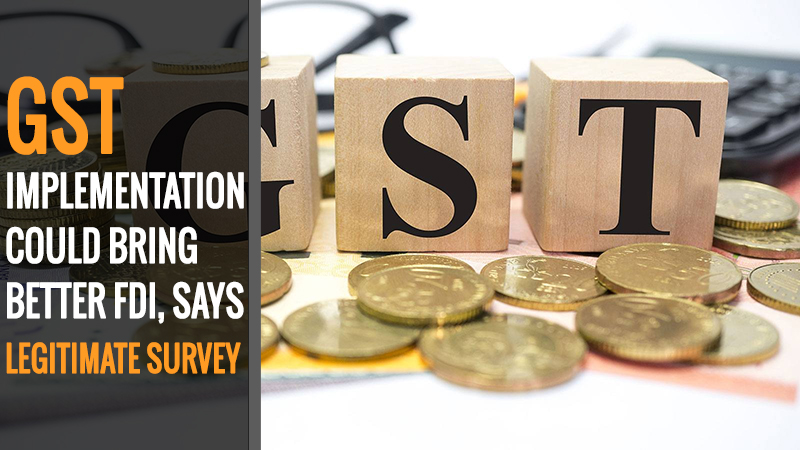
There will be an overall positive inclination of GST towards the health of the economy, as surveyed by the Feedback Business Consulting Services, which covered 67 companies from various sectors.
Heavy engineering and automotive sectors will see FDI investments as felt by 72 percent of respondents. Reduced logistics cost, supply chain efficiency, reduction in costs for tax & regulatory compliance, better penetration of markets and export effectiveness will be the other significant benefits of the GST.
The survey also said that “There might be some heartburns like inflation in the early days of implementation but GST will improve GDP of the country in the long run”.
However, the working corporates are pretty much concerned about the final decision that GST council will take regarding the application of GST into the context of business operations and their dealing with the market environment with GST under the preview.
Reports were also cleared upon the ultimate beneficiary in the case of GST as the survey said that, “states, where the goods and services are consumed, will benefit more as GST is consumption-based tax and not production-based. “This may be a cause for concern for unorganized states”
All these mentioned conclusions were carved out from the inference of a software algorithm used in a statistical analysis, and the data was started to gather after the final rollout of GST in parliament on 31 August.









